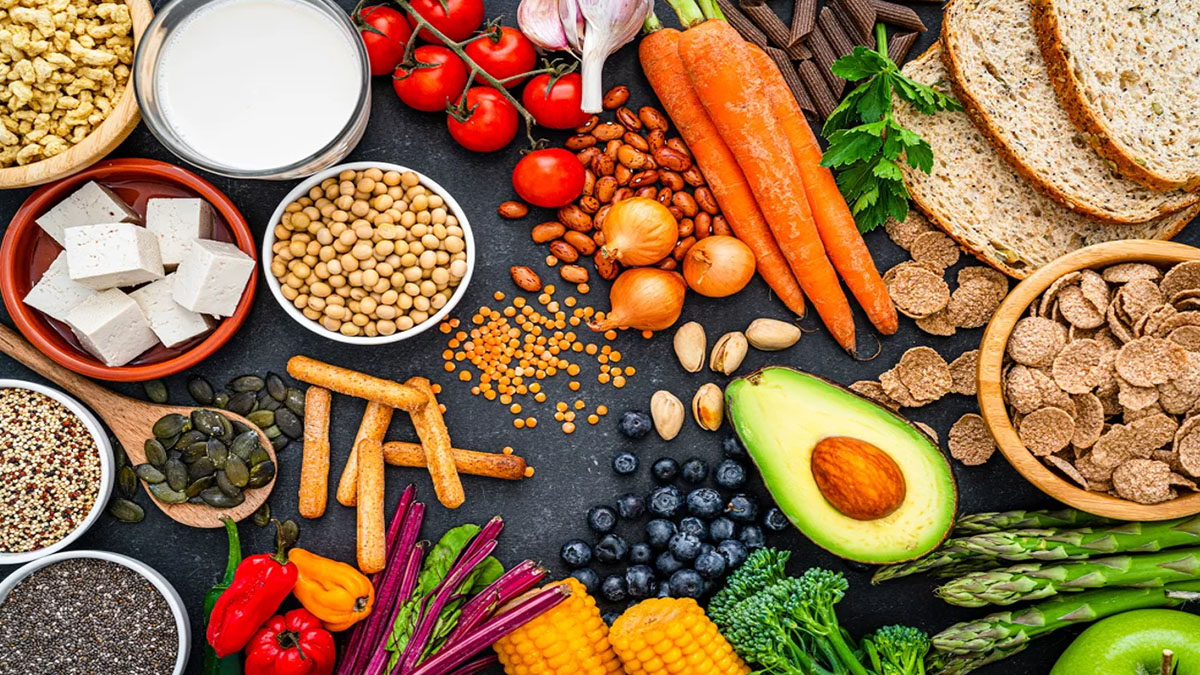
A recent study reveals that many people worldwide are missing out on seven critical nutrients. Here’s a breakdown of the findings and tips on how to ensure you’re getting these essential nutrients in your diet.
What the Study Found
- Global Deficiencies: More than 5 billion people lack adequate iodine, vitamin E, or calcium. Additionally, over 4 billion people are not getting enough iron, riboflavin, folate, or vitamin C.
- Study Details: Published on August 29 in The Lancet Global Health, this research analyzed nutrient intake across 185 countries, covering 99.3% of the global population.
Why These Nutrients Matter
- Calcium: Essential for strong bones and overall health.
- Folate: Important for cell growth, particularly during pregnancy.
- Iodine: Crucial for thyroid function and brain development.
- Iron: Necessary for oxygen transport in the body and growth.
- Magnesium: Supports muscle and nerve function, blood pressure, and protein synthesis.
- Niacin: Key for nervous and digestive system health.
- Riboflavin: Important for energy metabolism and maintaining healthy skin and hair.
Differences by Gender and Region
- Women: More likely to be low in iodine, vitamin B12, iron, and selenium.
- Men: More likely to be low in magnesium, zinc, thiamin, niacin, and vitamins A, B6, and C.
- Regional Variations:
- India: High deficiencies in riboflavin, folate, and vitamins B6 and B12.
- South and East Asia, Sub-Saharan Africa, and the Pacific: Calcium intake is particularly low.
Study Limitations
- Supplement Use: The study doesn’t consider the impact of supplements or fortified foods, which could influence nutrient levels.
- Potassium: Not included in the study, despite its importance for heart health.
- Data Gaps: Limited data on individual dietary intake can affect the accuracy of the study’s findings.
Tips for Boosting Nutrient Intake
Consult with dietitians or doctors to assess your nutrient levels and address deficiencies. Here’s how to include these essential nutrients in your diet:
- Calcium
- Sources: Dairy products, fortified plant milks (soy, almond, rice), dark leafy greens, tofu, sardines, salmon, tahini, fortified orange juice.
- Folate
- Sources: Dark green vegetables, beans, peas, lentils, enriched grains like bread, pasta, rice, and cereal.
- Iodine
- Sources: Fish, seaweed, shrimp, dairy products, eggs, iodized salt.
- Iron
- Sources: Oysters, duck, beef, sardines, crab, lamb, fortified grains, spinach, artichokes, beans, lentils, dark leafy greens, potatoes.
- Magnesium
- Sources: Legumes, nuts, seeds, whole grains, green leafy vegetables, fortified cereals.
- Niacin
- Sources: Beef, chicken, marinara sauce, turkey, brown rice, pumpkin seeds, salmon, fortified grains.
- Riboflavin
- Sources: Eggs, dairy products, meats, grains, green vegetables.
Conclusion
The study highlights the importance of a balanced diet that includes a variety of nutrient-rich foods. By making sure you get these essential nutrients, you can support your overall health and well-being.
